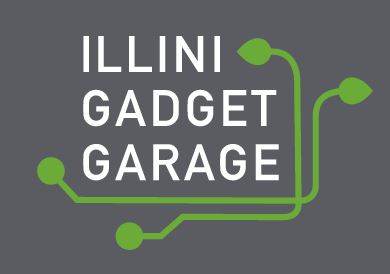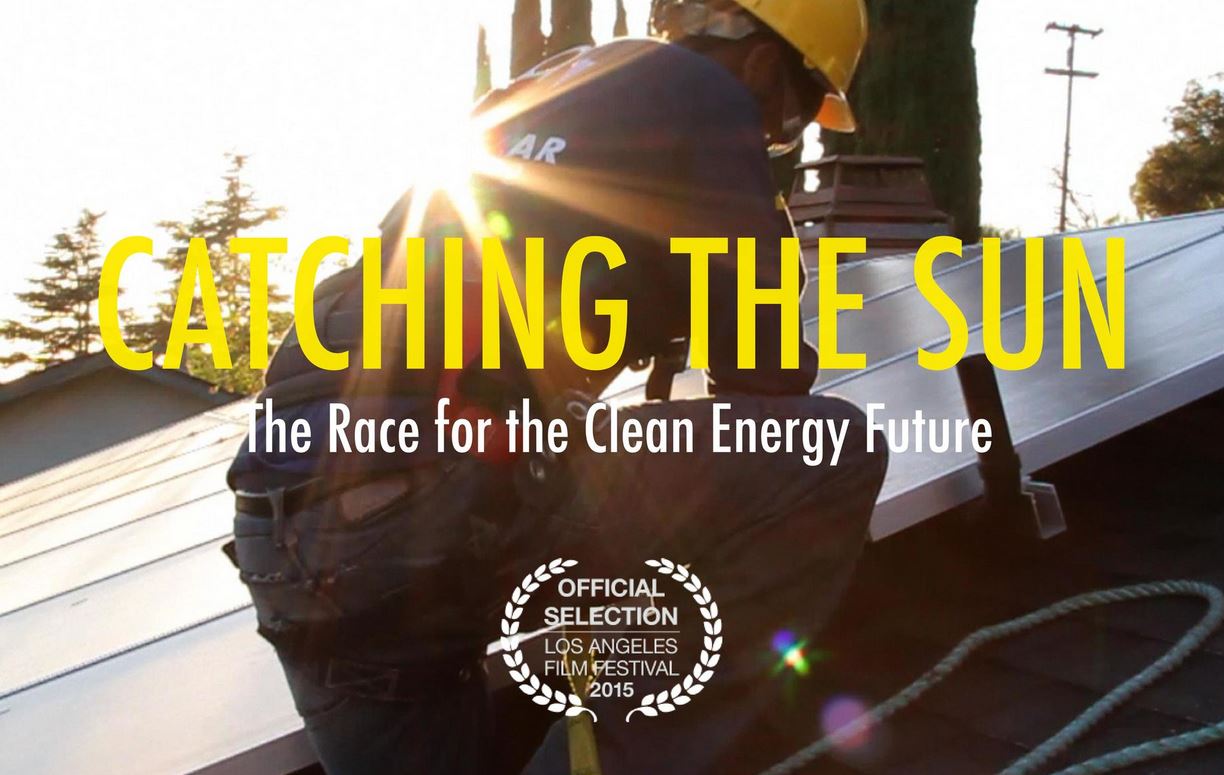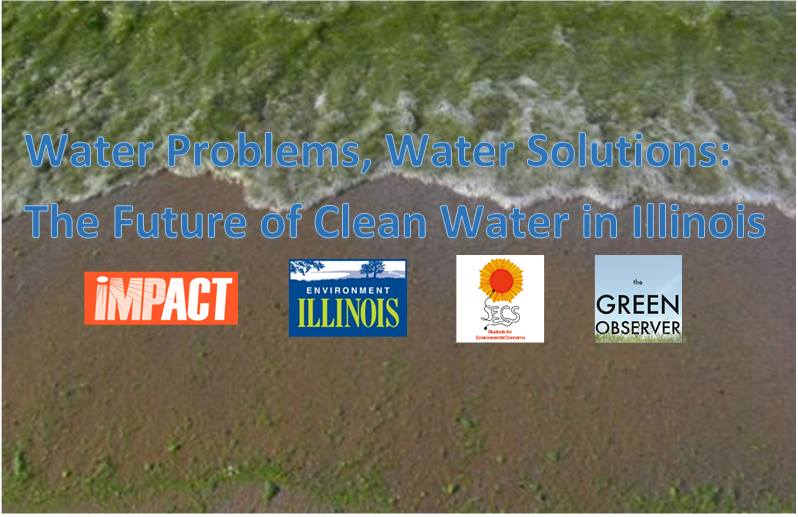This article was written by Shantanu Pai for Linked In Pulse.

For over three decades, the Illinois Sustainable Technology Center’s (ISTC) staff of engineers and scientists have provided a variety of cost-effective, sustainable material management services.
ISTC has enabled organizations to improve their environmental footprint and achieve zero waste at every step in their operations by being a resource for innovative management and reuse of materials. We conduct waste audits, assist with materials management planning, supply chain optimization, and stakeholder engagement. These services are part of a subset of our technical assistance program which we refer to as Zero Waste Illinois. The technical assistance program is part of ISTC’s mission to help the citizens, businesses, governments, and organizations of Illinois conserve natural resources, prevent pollution, and reduce waste to promote improved human and environmental health. Here are the ways we can help your organization be part of Zero Waste Illinois.
Comprehensive Waste Audits
ISTC staff design and help implement site specific waste audits ranging in scope from individual buildings to large communities. By analyzing both material inputs and outputs within a facility, we identify more opportunities to help organizations achieve zero waste.
For example, as the result of a waste audit at a mid-sized manufacturing plant in Wheaton, IL, our team was able to make six recommendations which have been implemented. Through our work and a truly energetic internal staff, that facility has achieved 44% reduction of material use through process modifications—”up-stream” changes that make the entire operation more efficient over the long-term, and a new landfill diversion rate of 62%.
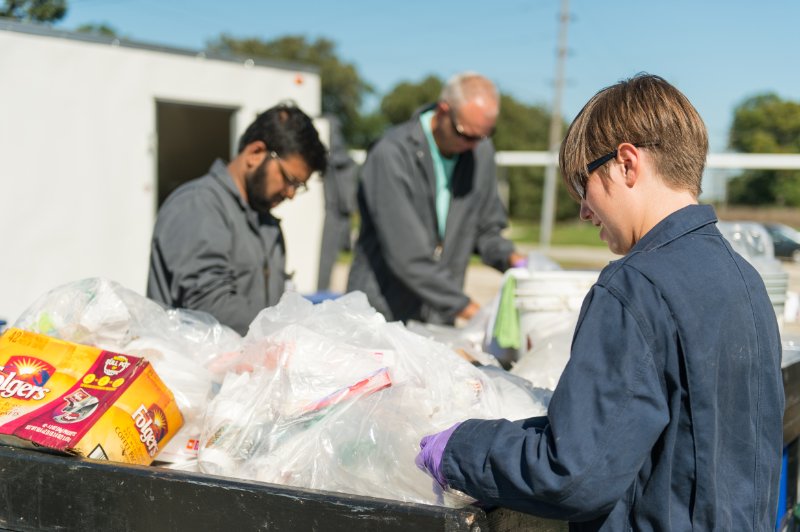
Enhanced Materials Management Planning
We help clients identify gaps in, and opportunities to improve, existing waste management processes. Additionally, we can offer solutions for site-specific constraints that prevent greater waste diversion.
For example, ISTC has been working with the Forest Preserve of Cook County, the nation’s largest forest preserve district with over 69,000 acres, to create a materials management plan for the entire district. Our efforts have resulted in increased recycling opportunities for District users, novel waste contract language and zero waste guides for event planners and the general public, in English, Spanish and Polish!
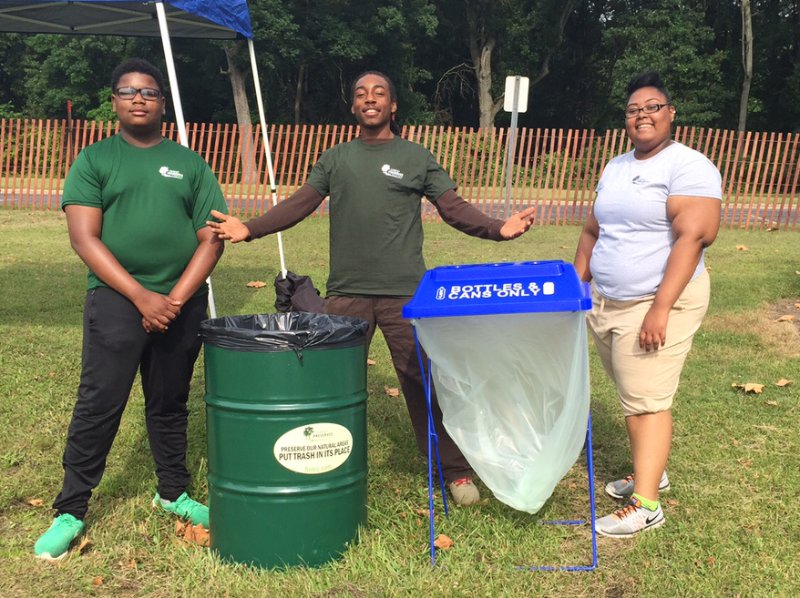
Composting/Anaerobic Digestion Assistance
We conduct business outreach and research to support food waste reduction and diversion efforts. We assist clients with setting up successful compost programs by conducting waste stream assessments, designing signage, and training employees. We are currently researching a growing number of food scrap technology options, including aerobic and anaerobic digestion, and in-vessel composting.
Stakeholder Engagement
By partnering with employees, students, and communities, we can help you improve existing waste reduction programs through education and training. We provide advice on communication strategies that lead to lasting behavior change.
We recently worked with the University of Illinois, Urbana campus, on multiple recycling and waste reduction initiatives. In the fall of 2014 ISTC managed the Zero Waste football game at Memorial Stadium. With the help of over 150 volunteers and various departments on campus we were able to divert over nine tons of material to composting and recycling facilities.
We also assisted in rolling out a campaign to increase recycling at the Quad through improved signage, location assessments, and directed data collection.
Begin Your Journey to Zero Waste
Learn more about how our team of professionals might help your organization approach zero waste by visiting our web site to view our recent success stories. Then, sign up for a free site visit. There is no obligation on your part to work with us beyond the free initial visit, and that first conversation may reveal opportunities to achieve greater sustainability within your organization.
Have questions? Contact us at istc-zerowaste@illinois.edu.
Shantanu Pai is an Assistant Sustainability Researcher at the Illinois Sustainable Technology Center with a BS from University of Wisconsin—Stevens Point in Waste and Soil Resources. His research interests include fate and transport of waste materials through market driven initiatives; the role of affluence and directed public policy in solid waste management; and solid waste industry in the developing world.
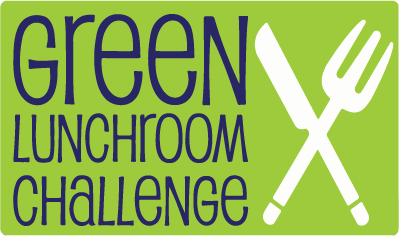





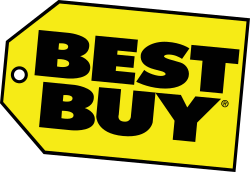
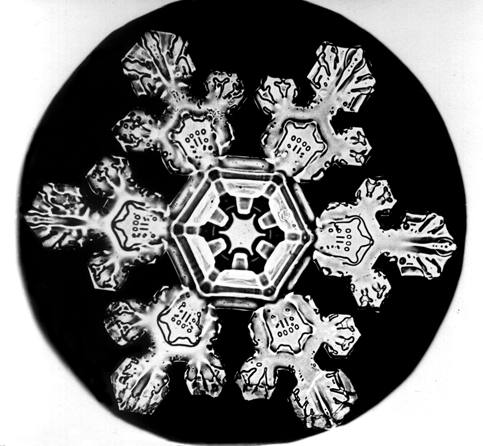 Although some winter holidays, like Hannukah, have already come and gone, over the next few days, there will likely be many people scrambling to find last minute gifts for friends and family. If you’ve waited until the last minute, or have had a hard time thinking of what to give someone on your list who has all they need, this list of “gifts for the greater good” might be just what you need. Note that links and companies mentioned in this post are for informational purposes only, and should not be construed as endorsements by ISTC or the University of Illinois.
Although some winter holidays, like Hannukah, have already come and gone, over the next few days, there will likely be many people scrambling to find last minute gifts for friends and family. If you’ve waited until the last minute, or have had a hard time thinking of what to give someone on your list who has all they need, this list of “gifts for the greater good” might be just what you need. Note that links and companies mentioned in this post are for informational purposes only, and should not be construed as endorsements by ISTC or the University of Illinois.